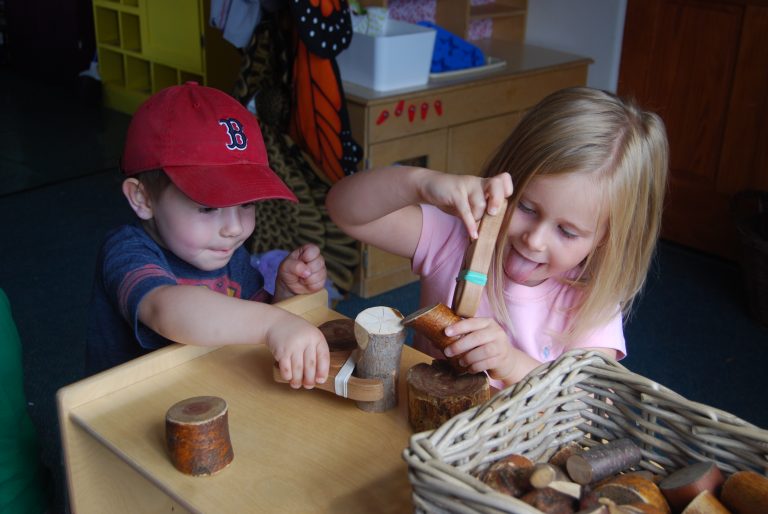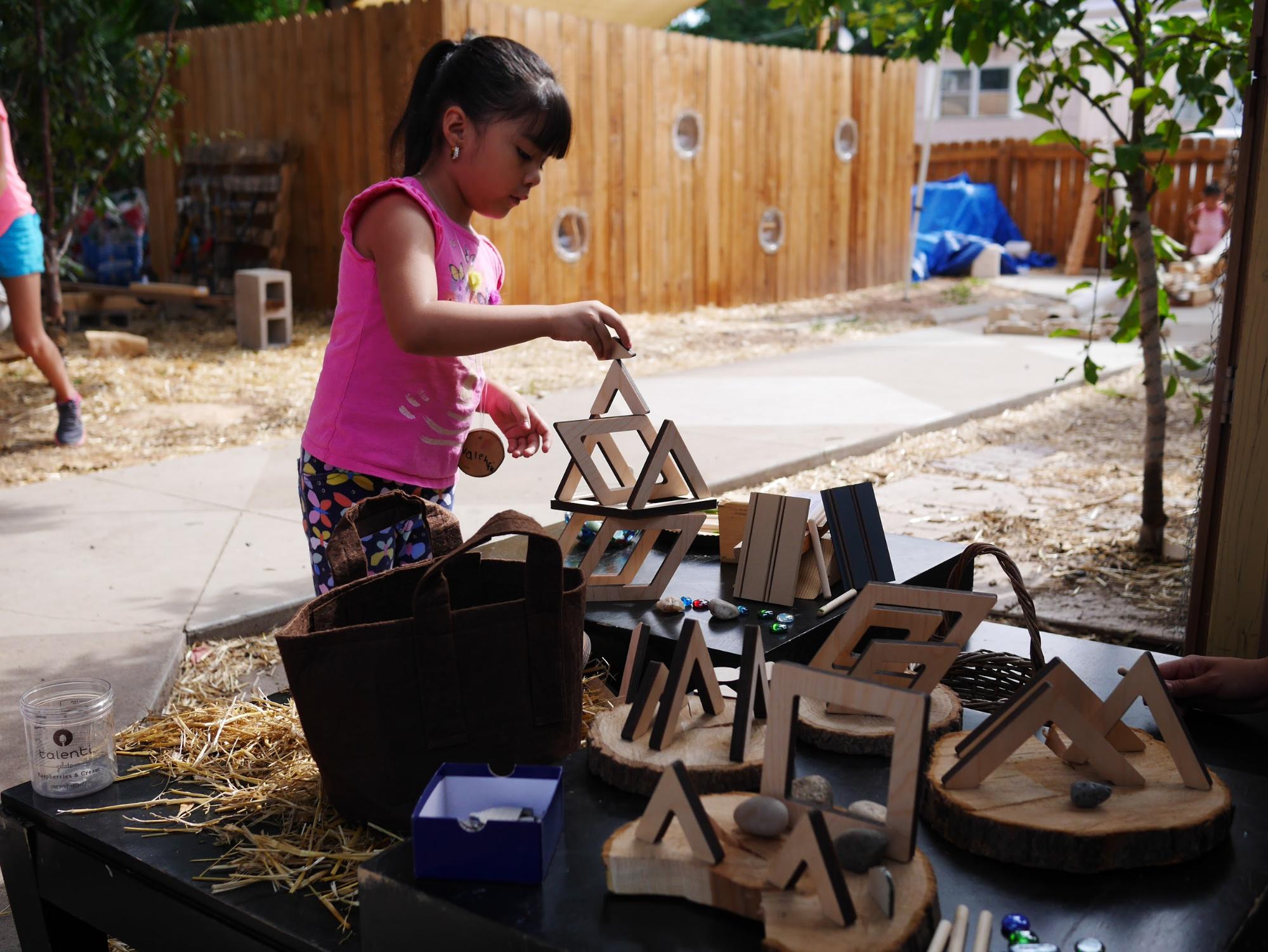This blog is part 3 in a series by Nancy Brown, retired early childhood educator and friend of Kodo. Read Part 1 here: Questions About the Changing Roles of Teachers
In Lively Minds, Academic vs. Intellectual Development, Lillian Katz offers, “an appropriate curriculum in the early years is one that includes the encouragement and motivation of the children to seek mastery of basic academic skills, e.g. beginning writing skills, in the service of their intellectual pursuits." She suggests: “… the issue here is not whether academic skills matter; rather it is about when they matter and what proportion of the curriculum they warrant, especially during the early years.” In The Great Disconnect (2015), Michael Gramling observes “Preschool teachers, in in order to “close the achievement gap,” have begun to equate instruction with assessment, confuse child development with early learning, and substitute early information for early experience.” He reminds us, “Early intelligence grows through choices and complexity and self-esteem and negotiating with others—not through memorizing prescribed lists of facts.” We have to watch out with all these well-crafted learning standards that we don’t lose track of the joy as we listen to the ideas and thinking of young children. We need to be vigilant that in the struggle to maintain a balance between teacher-directed activity and child-centered, open-ended play, we don’t fall into a habit of over-engaging in instruction under-valuing the child’s curiosities and discoveries. All children should have access to open-ended play as the heart of daily experiences. When play takes a backseat to meeting standards, those children never catch up because memorizing facts doesn’t lead to success. Children who are successful in school need to engage with others in negotiation, examination, wonder and discovery. Play is not a privilege. Children learn best through authentic interactions with adults and meaningful experiences with their world. To that end, a teacher:
 This blog was written by Nancy Brown, Early Childhood Educator
Nancy brown is a retired Early Childhood educator and co-creator of Highrise Building Sets. After having taught ECE at Cabrillo College in Aptos, CA, she directed programs and taught first grade and preschool since 1972. She recently developed a site for teacher reflection and individualized professional development for the California Department of Education, Early Education Division and makes toys and writes books for her six grandchildren.
This blog was written by Nancy Brown, Early Childhood Educator
Nancy brown is a retired Early Childhood educator and co-creator of Highrise Building Sets. After having taught ECE at Cabrillo College in Aptos, CA, she directed programs and taught first grade and preschool since 1972. She recently developed a site for teacher reflection and individualized professional development for the California Department of Education, Early Education Division and makes toys and writes books for her six grandchildren.
In Lively Minds, Academic vs. Intellectual Development, Lillian Katz offers, “an appropriate curriculum in the early years is one that includes the encouragement and motivation of the children to seek mastery of basic academic skills, e.g. beginning writing skills, in the service of their intellectual pursuits." She suggests: “… the issue here is not whether academic skills matter; rather it is about when they matter and what proportion of the curriculum they warrant, especially during the early years.” In The Great Disconnect (2015), Michael Gramling observes “Preschool teachers, in in order to “close the achievement gap,” have begun to equate instruction with assessment, confuse child development with early learning, and substitute early information for early experience.” He reminds us, “Early intelligence grows through choices and complexity and self-esteem and negotiating with others—not through memorizing prescribed lists of facts.” We have to watch out with all these well-crafted learning standards that we don’t lose track of the joy as we listen to the ideas and thinking of young children. We need to be vigilant that in the struggle to maintain a balance between teacher-directed activity and child-centered, open-ended play, we don’t fall into a habit of over-engaging in instruction under-valuing the child’s curiosities and discoveries. All children should have access to open-ended play as the heart of daily experiences. When play takes a backseat to meeting standards, those children never catch up because memorizing facts doesn’t lead to success. Children who are successful in school need to engage with others in negotiation, examination, wonder and discovery. Play is not a privilege. Children learn best through authentic interactions with adults and meaningful experiences with their world. To that end, a teacher:
- prepares the environment for exploration
- provokes curiosity, exploration, and further study
- engages the children in conversations with others and herself about ideas and thinking
 This blog was written by Nancy Brown, Early Childhood Educator
Nancy brown is a retired Early Childhood educator and co-creator of Highrise Building Sets. After having taught ECE at Cabrillo College in Aptos, CA, she directed programs and taught first grade and preschool since 1972. She recently developed a site for teacher reflection and individualized professional development for the California Department of Education, Early Education Division and makes toys and writes books for her six grandchildren.
This blog was written by Nancy Brown, Early Childhood Educator
Nancy brown is a retired Early Childhood educator and co-creator of Highrise Building Sets. After having taught ECE at Cabrillo College in Aptos, CA, she directed programs and taught first grade and preschool since 1972. She recently developed a site for teacher reflection and individualized professional development for the California Department of Education, Early Education Division and makes toys and writes books for her six grandchildren.

Share:
Deflectors and Understanding Angle of Incidence
A Priceless Introduction: Interaction vs Engagement in Play